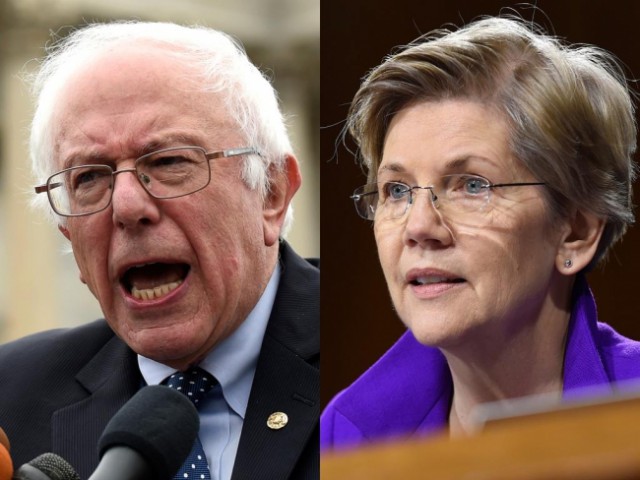
Rep. Calfee
“The sheer audacity of Charter Communications’ offer of free airtime to legislators following the defeat of a broadband access bill is breathtaking,” wrote the editors of the Knoxville News Sentinel in a heated editorial this week. “The spectacle of lawmakers accepting the offer would be revolting.”
The newspaper was responding to the optics of Charter Communications’ generous offer of free airtime for politicians willing to record “public service announcements” just a day after the Tennessee House Business & Utilities Subcommittee killed a bill that would have allowed public utilities to expand fiber broadband service outside of their current electric service area. If that bill became law, it had the potential of giving Charter the formidable competition AT&T, Frontier Communications, and CenturyLink have failed to deliver in Tennessee.
In an election year, anything that gives politicians exposure to voters is worth its weight in gold, which is why taxpayer-sponsored “newsletters” and “voter updates” fill voters’ mailboxes a few months before Election Day. Charter’s plan to saturate subscribers with dubious “PSAs with Politicians” during ad breaks is harder to ignore than another piece of campaign junk mail destined for the recycle bin.

Rep. Daniel
Charter’s vague explanation it was going to offer the airtime before the Subcommittee vote only makes the scandal worse, because it means lawmakers were given advance notice they could be as well-recognized as Henry “The Fonz” Winkler selling reverse mortgages, circus animals and cheerleaders drumming up business for local car dealerships, and kids night at the local family restaurant — all too common tenants of the “local ad insertion” space cable companies get to make more money (or in this case win/reward influence) on the side.
But Charter’s plan appears to be backfiring, drawing unwanted attention on a cable operator Tennessee loves to hate. But more importantly, it gave the Knoxville press an opportunity to remind voters who the real villains of competition are: Republican Reps. Kent Calfee of Kingston and Martin Daniel of Knoxville — two local lawmakers on the Subcommittee voting with Charter, AT&T, and Comcast against their constituents pleading for more cable competition.
 The local hero? Rep. Art Swann (R-Maryville) who voted yes (e-mail him a thank you note). He predicts the bill will be back.
The local hero? Rep. Art Swann (R-Maryville) who voted yes (e-mail him a thank you note). He predicts the bill will be back.
The News Sentinel regards the love affair between Charter and lawmakers as compelling as a lunch date with Limburger cheese:
Actually, the stench emanating from the Capitol would indicate something worse than just bad appearances. Tempting lawmakers with free airtime during an election year — even if the commercial technically would not be a campaign ad — is like waving a treat above the snout of an obedient dog.
Charter has not commented on the matter, but its offer certainly gives at least the appearance of trading airtime for votes; surely legislators know better than to take him up on the offer. Tennesseans must hold lawmakers accountable if they do.
Readers can start by telling Reps. Calfee and Daniel they are watching them very closely on this issue and expect them to support public utility broadband expansion when the issue comes before them next time:
| Rep. Kent Calfee 301 6th Avenue North Suite 219 War Memorial Bldg. Nashville, TN 37243 Phone: (615) 741-7658 Fax: (615) 253-0163 [email protected] |
Rep. Martin Daniel 301 6th Avenue North Suite 109 War Memorial Bldg. Nashville, TN 37243 Phone: (615) 741-2287 Fax: (615) 253-0348 [email protected] |


 Subscribe
Subscribe On Monday, Stop the Cap! joined 21 other public interest organizations in
On Monday, Stop the Cap! joined 21 other public interest organizations in  Entrenched telecom industry lobbyists and a legislature enriched by their campaign contributions chose the interests of AT&T, Comcast, and Charter Communications over the broadband needs of rural Tennessee, killing a municipal broadband expansion bill already scaled down to little more than a demonstration project.
Entrenched telecom industry lobbyists and a legislature enriched by their campaign contributions chose the interests of AT&T, Comcast, and Charter Communications over the broadband needs of rural Tennessee, killing a municipal broadband expansion bill already scaled down to little more than a demonstration project.


 Despite clamoring for more competition in the cable industry, FCC chairman Thomas Wheeler is reportedly ready to circulate a draft order granting Charter Communications’ $55 billion dollar buyout of Time Warner Cable, with conditions.
Despite clamoring for more competition in the cable industry, FCC chairman Thomas Wheeler is reportedly ready to circulate a draft order granting Charter Communications’ $55 billion dollar buyout of Time Warner Cable, with conditions. Critics of the deal contend that might be an effective strategy… if Charter was the only cable company in the nation. Many cable operators include similar restrictive terms in their contracts, which often also include an implicit threat that offering cable channels online diminishes their value in the eyes of cable operators. Programmers fear that would likely mean price cuts as those contracts are renewed.
Critics of the deal contend that might be an effective strategy… if Charter was the only cable company in the nation. Many cable operators include similar restrictive terms in their contracts, which often also include an implicit threat that offering cable channels online diminishes their value in the eyes of cable operators. Programmers fear that would likely mean price cuts as those contracts are renewed. Most of the other deal conditions will likely formalize Charter’s voluntary commitments not to impose data caps, modem fees, interconnection fees (predominately affecting Netflix) or violate Net Neutrality rules for the first three years after the merger is approved. As readers know, Stop the Cap!
Most of the other deal conditions will likely formalize Charter’s voluntary commitments not to impose data caps, modem fees, interconnection fees (predominately affecting Netflix) or violate Net Neutrality rules for the first three years after the merger is approved. As readers know, Stop the Cap! 
